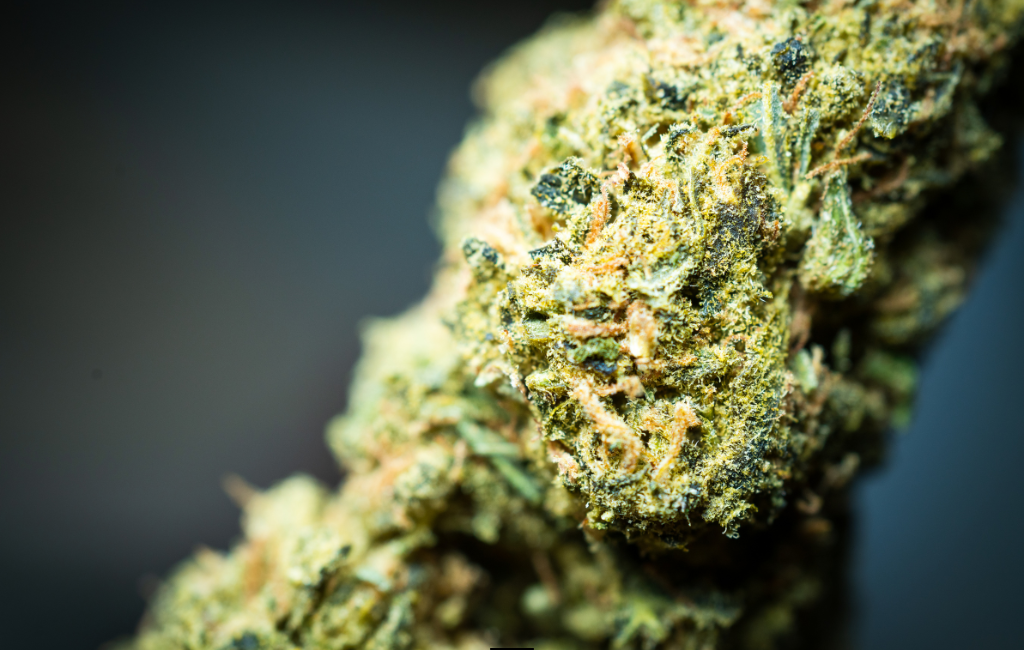-
Table of Contents
- THCA Flower: Unlocking Its Full Potential
- Understanding THCA
- Potential Health Benefits
- Methods of Consumption
- Raw Consumption
- Tinctures and Oils
- Topicals
- Case Studies and Research
- Case Study: Arthritis Relief
- Research on Neuroprotective Effects
- Legal Status and Market Trends
- Market Growth
- Consumer Demand
- Challenges and Future Directions
- Future Research
- Regulatory Changes
- Conclusion
THCA Flower: Unlocking Its Full Potential
THCA (tetrahydrocannabinolic acid) is a non-psychoactive cannabinoid found in raw and live cannabis. Unlike THC, THCA does not produce a high, making it an intriguing subject for both medical and recreational cannabis users. This article explores the potential benefits, uses, and future of THCA flower.
Understanding THCA
THCA is the acidic precursor to THC. When cannabis is heated through smoking, vaping, or cooking, THCA converts to THC, the compound responsible for the psychoactive effects. In its raw form, THCA offers a range of potential benefits without the high.
Potential Health Benefits
Research into THCA is still in its early stages, but preliminary studies and anecdotal evidence suggest several potential health benefits:
- Anti-inflammatory Properties: THCA may help reduce inflammation, making it a potential treatment for conditions like arthritis and lupus.
- Neuroprotective Effects: Some studies indicate that THCA could protect brain cells, offering potential benefits for neurodegenerative diseases such as Alzheimer’s and Parkinson’s.
- Anti-emetic Properties: THCA may help reduce nausea and vomiting, which could be beneficial for patients undergoing chemotherapy.
- Antioxidant Properties: THCA has been shown to have antioxidant properties, which can help protect cells from damage.
Methods of Consumption
There are several ways to consume THCA flower to maximize its benefits:
Raw Consumption
Consuming raw cannabis leaves or flowers in smoothies or salads is one way to intake THCA. This method preserves the cannabinoid in its natural form.
Tinctures and Oils
THCA can be extracted and used in tinctures or oils. These products can be taken sublingually (under the tongue) for quick absorption.
Topicals
THCA-infused creams and balms can be applied directly to the skin, providing localized relief for pain and inflammation.
Case Studies and Research
Several case studies and research projects have highlighted the potential of THCA:
Case Study: Arthritis Relief
A 2017 study published in the “Journal of Pain Research” examined the effects of THCA on arthritis. Participants reported significant reductions in pain and inflammation after using THCA-rich cannabis extracts.
Research on Neuroprotective Effects
A 2012 study conducted by the “British Journal of Pharmacology” found that THCA exhibited neuroprotective properties in animal models. The study suggested that THCA could be a promising treatment for neurodegenerative diseases.
Legal Status and Market Trends
The legal status of THCA varies by region. In some areas, THCA is legal as long as it is not converted to THC. This has led to a growing market for THCA products, including flowers, tinctures, and topicals.
Market Growth
The market for THCA products is expanding rapidly. According to a report by “Grand View Research,” the global cannabis market is expected to reach $73.6 billion by 2027, with THCA products playing a significant role in this growth.
Consumer Demand
As more consumers seek non-psychoactive cannabis options, the demand for THCA products is increasing. This trend is driven by the growing awareness of the potential health benefits of THCA.
Challenges and Future Directions
Despite its potential, THCA faces several challenges:
- Research Limitations: More research is needed to fully understand the benefits and risks of THCA.
- Regulatory Hurdles: The legal status of THCA varies, complicating its availability and use.
- Consumer Education: Many consumers are unaware of THCA and its potential benefits, highlighting the need for education and awareness campaigns.
Future Research
Future research should focus on clinical trials to validate the therapeutic potential of THCA. This will help establish standardized dosing guidelines and identify any potential side effects.
Regulatory Changes
As the legal landscape evolves, it is likely that more regions will legalize THCA, making it more accessible to consumers. This could lead to increased investment in research and product development.
Conclusion
THCA flower holds significant promise for a range of health benefits without the psychoactive effects of THC. As research progresses and consumer awareness grows, THCA could become a valuable component of the cannabis market. By exploring various consumption methods and staying informed about legal and market trends, consumers can unlock the full potential of THCA flower.
